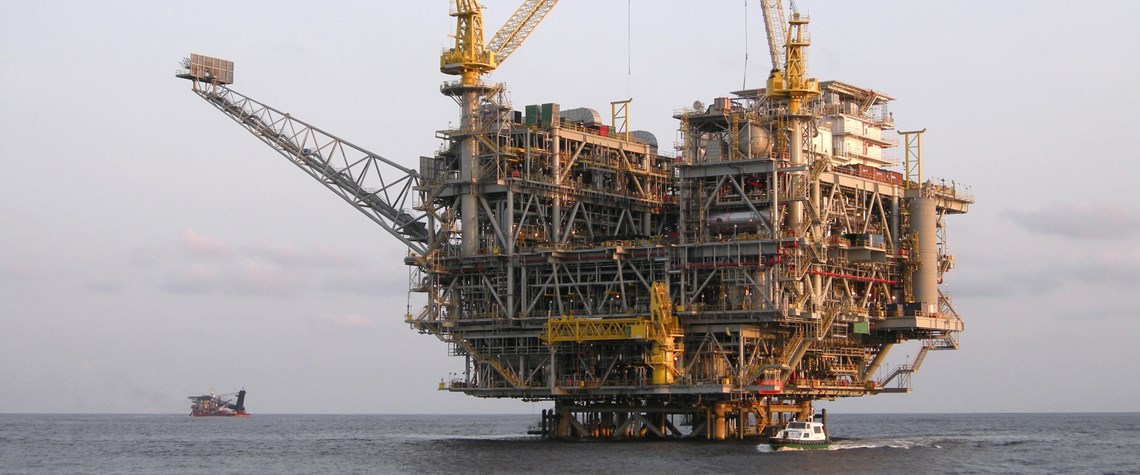Deepwater emerges from its slumber
The post-2014 investment decline can be fully arrested if processes are standardised and regulators become more responsive
A decline in deepwater investment could be halted through a combination of cost control, the standardisation of requirements, and local regulators becoming more flexible, delegates heard at the annual meeting of energy technology heavyweight Baker Hughes in Florence on Tuesday. The long development times—and therefore delay in return on investment—associated with deepwater projects have become particularly problematic since the oil price crash of 2014, but industry leaders are applying innovative approaches with the aim of overcome financial barriers. "We need to be able to develop fields in deepwater much faster than we have done, and to be much more proactive than we have been in the past,

Also in this section
18 February 2026
With Texas LNG approaching financial close, Alaska LNG advancing towards a phased buildout and Magnolia LNG positioned for future optionality, Glenfarne CEO Brendan Duval says the coming year will demonstrate how the company’s more focused, owner-operator approach is reshaping LNG infrastructure development in the North America
18 February 2026
The global gas industry is no longer on the backfoot, hesitantly justifying the value of its product, but has greater confidence in gas remaining a core part of the global energy mix for decades
18 February 2026
With marketable supply unlikely to grow significantly and limited scope for pipeline imports, Brazil is expected to continue relying on LNG to cover supply shortfalls, Ieda Gomes, senior adviser of Brazilian thinktank FGV Energia,
tells Petroleum Economist
17 February 2026
The 25th WPC Energy Congress, taking place in Riyadh, Saudi Arabia from 26–30 April 2026, will bring together leaders from the political, industrial, financial and technology sectors under the unifying theme “Pathways to an Energy Future for All”







